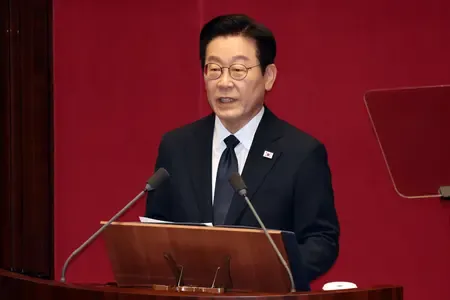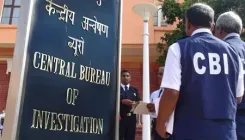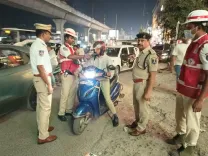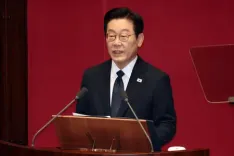Why Is the Transgender Community in Pakistan Protesting Against Violence?
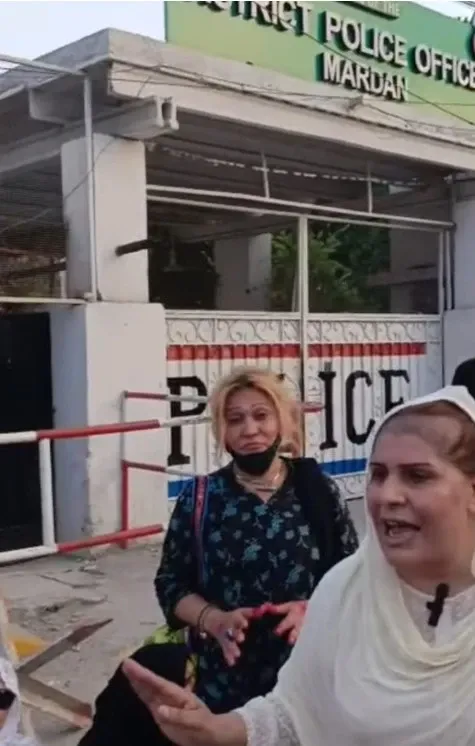
Synopsis
Key Takeaways
- The transgender community in Pakistan is facing alarming violence.
- 158 murders recorded in Khyber Pakhtunkhwa since 2015.
- Community leaders are calling for immediate justice and protection.
- Public support is crucial for amplifying their voices.
- Trust in law enforcement is severely lacking within the community.
Islamabad, Aug 7 (NationPress) On Thursday, the transgender community of Pakistan held a significant protest against the alarming rise in violent attacks, particularly in the Khyber Pakhtunkhwa province.
The demonstration, led by Trans Action Alliance President Farzana Riaz and Manzil Foundation Executive Director Madam Arzoo Khan, took place outside the Mardan Press Club. They expressed concerns that the police have failed to ensure the safety of this vulnerable community.
After the protest, Farzana revealed that since 2015, 158 transgender individuals have been murdered in Khyber Pakhtunkhwa, with no cases leading to justice. According to reports from Pakistan's prominent daily, Dawn, attacks on the transgender community have become alarmingly frequent, indicating a government failure to provide necessary protection.
Community leaders criticized the police for treating interactions with transgender individuals as beneath their dignity. They called on human rights organizations to amplify their struggle against injustice.
Recently, a leading minority rights organization highlighted the escalating violence against the transgender community in Pakistan. The Voice of Pakistan Minority (VOPM) reported that on July 8, a transgender woman named Taj Muhammad, known as ‘Asady,’ was brutally murdered in her Peshawar apartment. Asady, aged approximately 32-33, was shot multiple times in a horrific incident that left the community devastated.
“This senseless murder is part of a tragic trend that shows no signs of abating. Eight transgender individuals have already been killed in KP in 2025 alone. The total death toll since 2009 has reached 158, with over 1,800 cases of violence reported against transgender individuals,” VOPM stated.
“These figures represent lives—people who, like all others, deserve dignity, respect, and protection. Each murder serves as a painful reminder of the constant fear and peril faced by transgender persons,” they added.
The organization emphasized that Asady’s death is not just another statistic; it represents a life cut short by senseless violence. Her family is left to cope with immense grief, while the community grapples with the ongoing violence. An FIR was registered the same day, with Asady’s brother, Bahadur Khan, as the complainant,” stated VOPM.
Just a week before Asady’s tragic death, another transgender woman, Titli, was killed in Peshawar's Gulbahar area.
VOPM pointed out that the police's approach to these cases exacerbates the mistrust within the transgender community, which feels that justice is systematically delayed or denied. “These killings are not isolated; they are symptomatic of a growing epidemic of hate and intolerance directed at a marginalized community,” they emphasized.


